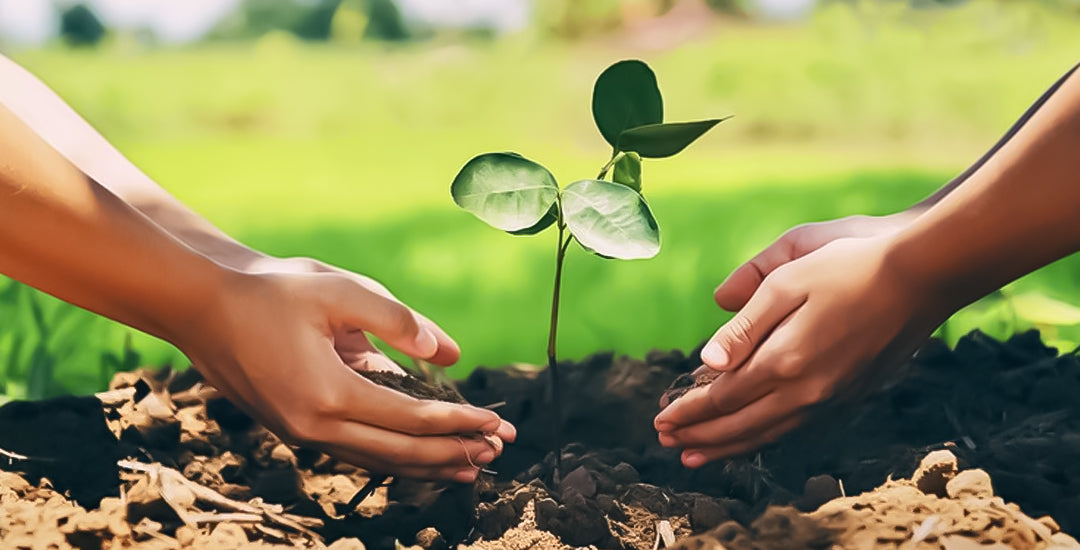
Mar 23 , 2023
Sustainable Gardening Practices: Reducing Waste and Conserving Resources
Sustainable gardening practices are becoming increasingly important as we strive to reduce our impact on the environment. Sustainable gardening involves reducing waste and conserving resources while creating a beautiful and productive garden. Here are some tips on how to practice sustainable gardening:
- Use compost
Composting is a great way to reduce waste and improve soil health. Composting allows you to turn organic waste, such as food scraps and yard trimmings, into nutrient-rich soil that can be used in your garden. Composting reduces the amount of waste that ends up in landfills, and it can reduce your need for synthetic fertilizers.
- Save water
Water is a precious resource, and conserving it is important. There are many ways to reduce water usage in the garden, such as using drip irrigation, watering in the early morning or late evening, and mulching. Mulching helps to retain moisture in the soil, reducing the need for frequent watering.
- Choose native plants
Native plants are well-suited to the local climate and require less water and fertilizer than non-native plants. They also provide habitat for local wildlife and can help to reduce the spread of invasive species. Choose plants that are adapted to your region's soil and climate.
- Use natural pest control methods
Chemical pesticides can harm beneficial insects and wildlife and can leach into groundwater. Instead, try using natural pest control methods, such as planting companion plants, using natural predators, and practicing crop rotation.
- Save seeds
Saving seeds from your plants can reduce waste and save money. Saving seeds allows you to grow plants that are adapted to your specific growing conditions, and it can help to preserve heirloom varieties.
- Reduce lawn size
Lawns require a lot of water and maintenance, and they don't provide much benefit to the environment. Consider reducing the size of your lawn and planting a mix of native plants and vegetables instead.
- Choose sustainable materials
When building structures such as raised beds or trellises, choose sustainable materials such as reclaimed wood or bamboo. Avoid using pressure-treated wood, which contains harmful chemicals.
In conclusion, sustainable gardening practices can help to reduce waste and conserve resources while creating a beautiful and productive garden. By using compost, saving water, choosing native plants, using natural pest control methods, saving seeds, reducing lawn size, and choosing sustainable materials, you can create a garden that is both environmentally friendly and rewarding
